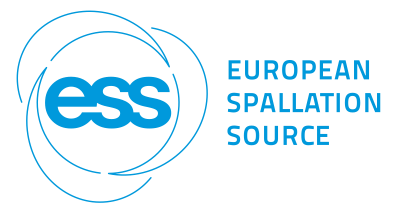Speaker
Mr
Guang WANG
(Deakin University)
Description
The hexagonal lyotropic liquid crystal (LLC) mesophase is an ideal template for the fabrication of monolithic mesophase polymer membrane. Desirable characteristics imbued from the template are uniform nano-pore size, large surface area for water purification and reorientation of the mesochannels with long range perpendicular to the surface of membrane. However the binary hexagonal LLC system is too viscous at up to 100 ℃ to realize the reorientation process. In the study we examine a ternary hexagonal system which is vulnerable to the temperature: dodecyltrimethylammonium bromide (DTAB), water and hydrophilic monomers Poly(ethylene glycol) diacrylate (PEGDA) and/or 2-Hydroxyethyl methacrylate (HEMA). When PEGDA was added into system, the transition from hexagonal to isotropic micellar phase was observed at about 60℃. The transition temperature gradually decreases to 42℃ when the PEGDA was replaced with HEMA. More importantly, this transition is reversible. We conclude that the addition of polymerizable monomers into binary hexagonal system of DTAB and water make it easier to align mesochannels under an applied external field. Our current work focuses on the locus of solubilisation of the monomer in the template and the structural changes in the membrane during polymerisation.
Author
Mr
Guang WANG
(Deakin University)
Co-authors
Dr
Christopher Garvey
(ANSTO)
Dr
Juan Zhang
(Deakin University)
Prof.
Lingxue Kong
(Deakin University)
